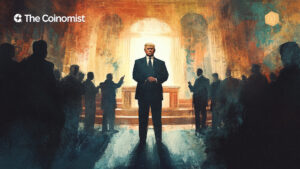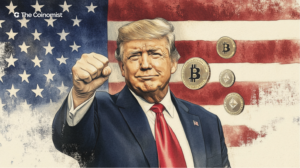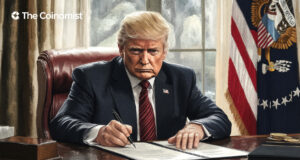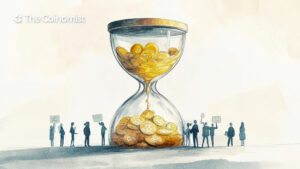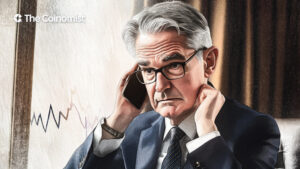Arthur Hayes Challenges Fed Independence in His New Essay “The BBC”
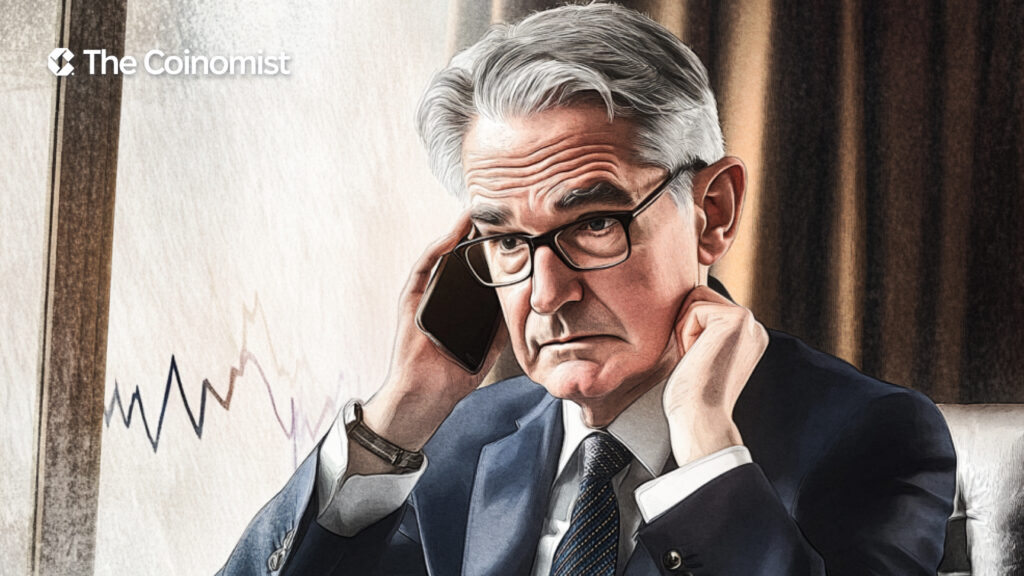
In his latest essay “The BBC,” Arthur Hayes examines the emotional pressures on the Federal Reserve and the monetary policy challenges that could lead to increased liquidity in the crypto market.
On this page
In his latest essay titled “The BBC,” Arthur Hayes explores the internal contradictions of modern U.S. monetary policy and its broader impact on global financial markets and cryptocurrencies.
He frames the discussion around a fictional meeting between Fed Chair Jerome Powell and a U.S. Treasury official, which catalyzed reevaluating the country’s monetary direction.
Hayes uses this narrative to highlight the need to revive quantitative easing (QE) as a tool for market stabilization. Unlike his previous essays, he avoids making personal predictions and instead builds his argument on expert analysis and historical case studies.
Related: Jerome Powell and Crypto: A Fed Chair’s Love-Hate Relationship
An Unusual Meeting in the Capital
In Hayes’s narrative, Jerome Powell travels to Washington for a personal meeting with U.S. Treasury Secretary Scott Bessent. The encounter includes a series of provocative gestures and symbolic cues meant to emphasize the supremacy of fiscal power.
Throughout the meeting, Powell feels immense psychological pressure. According to the story, this stress drives him to seek help from a mental health specialist who works with top-level bankers.
Symbolism as a Way to Convey the Message
In the essay, Hayes uses vivid imagery to illustrate the complexity of modern monetary policy. He introduces the term “BBC” to represent the power held by the financial sector today, showing that even central bank leaders often cannot make decisions based solely on economic reasoning.
The image of the cuck chair symbolizes how political pressure and fiscal obligations push monetary authorities to stray from their own principles. Through these metaphors, Hayes highlights how central banks are more dependent on government policy than they may initially appear.
Related: Crypto Markets Brace for Tariff Shockwave from Trump
Monetary Policy Analysis and Its Impact on the Crypto Market
Hayes explores the potential consequences of such a meeting through the lens of U.S. monetary policy. Specifically, he focuses on the possibility of reviving quantitative easing (printing new money), assuming the Federal Reserve slows the pace of balance sheet reduction and introduces changes to banking credit regulations. According to him, such measures would add liquidity to the dollar-based system, which has consistently supported Bitcoin’s price in the past.
Additionally, Hayes references historical examples, focusing on how previous Fed chairs acted during times of economic crisis when political pressure led them to abandon tight monetary policy. He draws a comparison to the 2008 financial crisis, when a large-scale injection of liquidity helped revive the markets, and suggests that similar developments may be happening now.
Ultimately, the essay aims to reignite debate over the Fed’s actual independence and its ability to resist political demands. Hayes provides a clear analysis of the current challenges facing monetary policy, addressing both the risks and the potential opportunities arising from major shifts in the financial system.
Related: Arthur Hayes — Is Trump’s Crypto Policy Setting a Trap?
The content on The Coinomist is for informational purposes only and should not be interpreted as financial advice. While we strive to provide accurate and up-to-date information, we do not guarantee the accuracy, completeness, or reliability of any content. Neither we accept liability for any errors or omissions in the information provided or for any financial losses incurred as a result of relying on this information. Actions based on this content are at your own risk. Always do your own research and consult a professional. See our Terms, Privacy Policy, and Disclaimers for more details.



